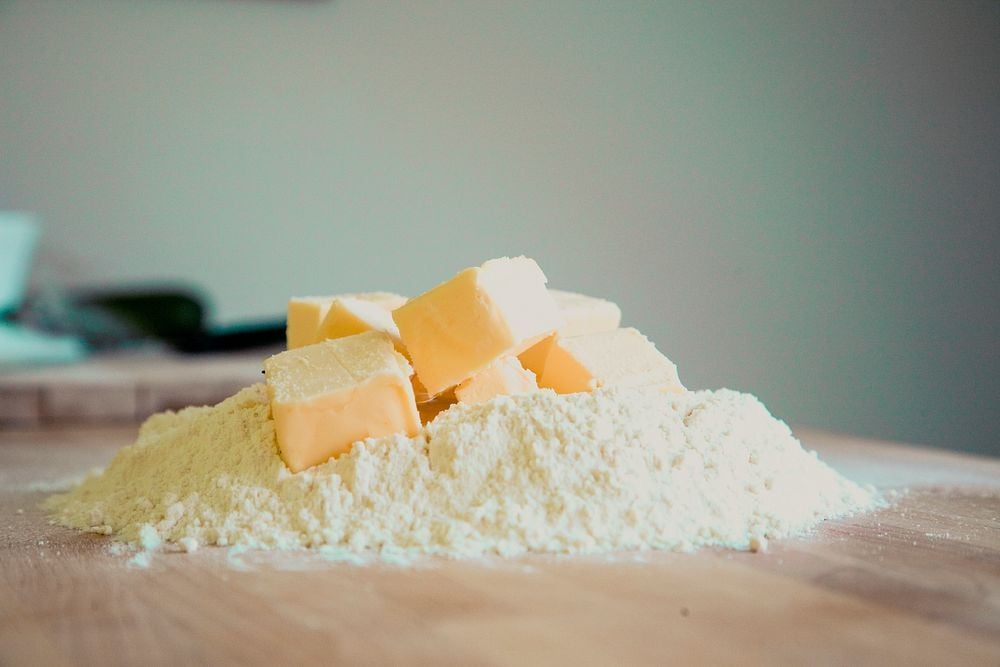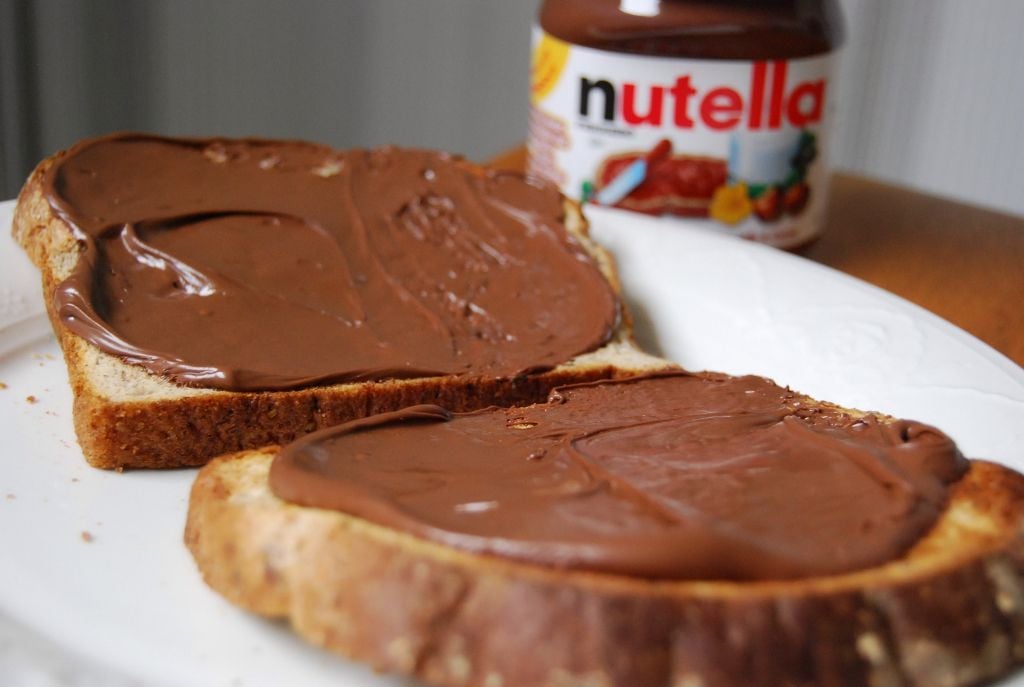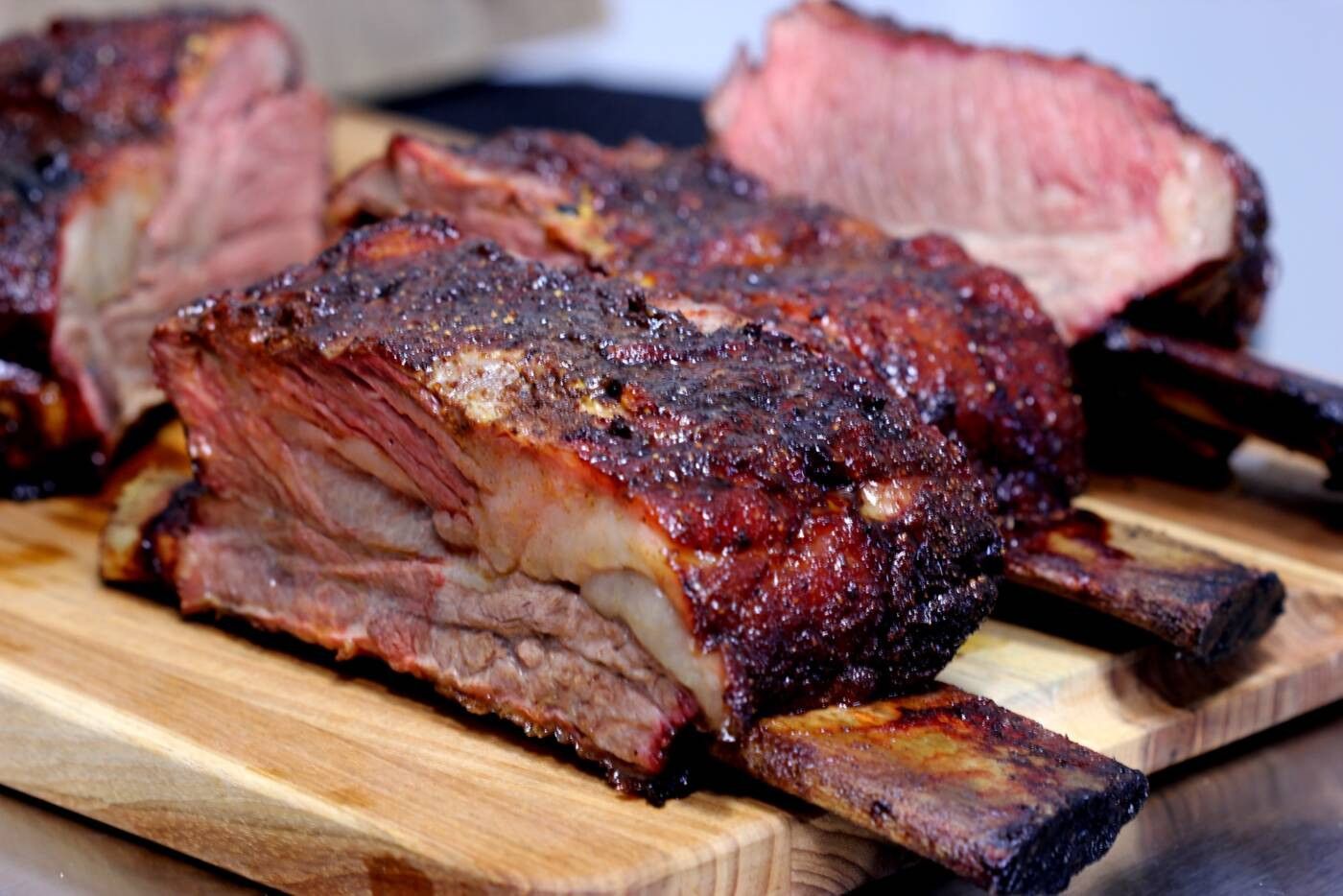
Unveiling the Trend: Cake Flour Rises in Popularity
- Aug 19, 2025
In the realm of baking, cake flour is fast becoming a key player, and here's why - it turns your everyday cookies and cupcakes into an airy piece of soft delight. This specialty flour, once restricted to pro-bakers’ shelves, is now making a splash in the home-baking scene, thanks to notable endorsements from television chefs and a proliferation of baking videos on TikTok. Amy Goodson, a nutritionist at The Sports Nutrition Playbook, shares, "The flour you use can truly transform the texture of your baked goods. Cake flour delivers a light, tender crumb that is hard to achieve with other flours."
Cake flour is a finely ground flour designed especially for baking delicate goods. It is generally derived from soft wheat and stands out for its low protein content compared to normal flour. Jen Messer, a dietitian at Jen Messer Nutrition, elaborates, "Its refined nature gives it a fine consistency making it the top pick for baking moist cakes with a softer crumb."
The limited protein content restricts gluten formation, ensuring that your baked treats retain their soft, airy texture instead of becoming hard or dense, Goodson explains. Moreover, most cake flour undergoes a chlorination process that weakens the gluten proteins, increasing its capability to soak up more liquid and sugar.
Given these characteristics, cake flour is favored for making angel food cakes, cupcakes, sponge cakes, and similar dessert items where a soft texture is paramount.
Nevertheless, cake flour's claim to fame seems to rest solely on its texture-enhancing capabilities and not on its nutritional value. Messer tells us, "Due to its high degree of refining, cake flour may yield soft, tender cakes, but it’s not your go-to for nutrients." One reason is that in the process of refining, the flour loses its bran and germ parts - key sources of dietary fiber and essential nutrients.
This is why cake flour potentially triggers blood sugar spikes in contrast to whole grain flours which are rich in complex carbohydrates. Cake flour is typically unfortified, meaning it doesn't comprise as many vitamins and minerals as regular flours. Plus, its low protein content is a drawback from a health perspective.
But it's not all grim for cake flour. It provides some protein - about 2 grams per 1/4 cup - and has a slight presence of fiber, calcium, potassium, magnesium, iron, and certain B-vitamins. Messer highlights one minor advantage - "cake flour forms less acrylamide, a potential health concern, than all-purpose flour, but this small plus doesn't make up for its overall nutritional deficit," she reiterates.
Like all baking ingredients, cake flour doesn't come with an endless shelf life. “Without germ or bran, cake flour doesn't go rancid as quickly as whole grains, but improper storage can still lead to spoilage,” warns Goodson, adding, “Usually, it stays fresh for six to twelve months, extending longer if stored properly.”
To maximize shelf-life, Messer suggests transferring the flour from its original packaging into an airtight container placed in a cool, dry, and dark space away from heat and moisture. Freezing it can further extend its freshness and prevent rancidity.
But regardless of storage, Messer advises a quick check before using aged cake flour in recipes. “If it emits a sour or musty odor, shows signs of discoloration, mold, thick clumps, or any insect traces, don’t hesitate to let it go,” she warns.






